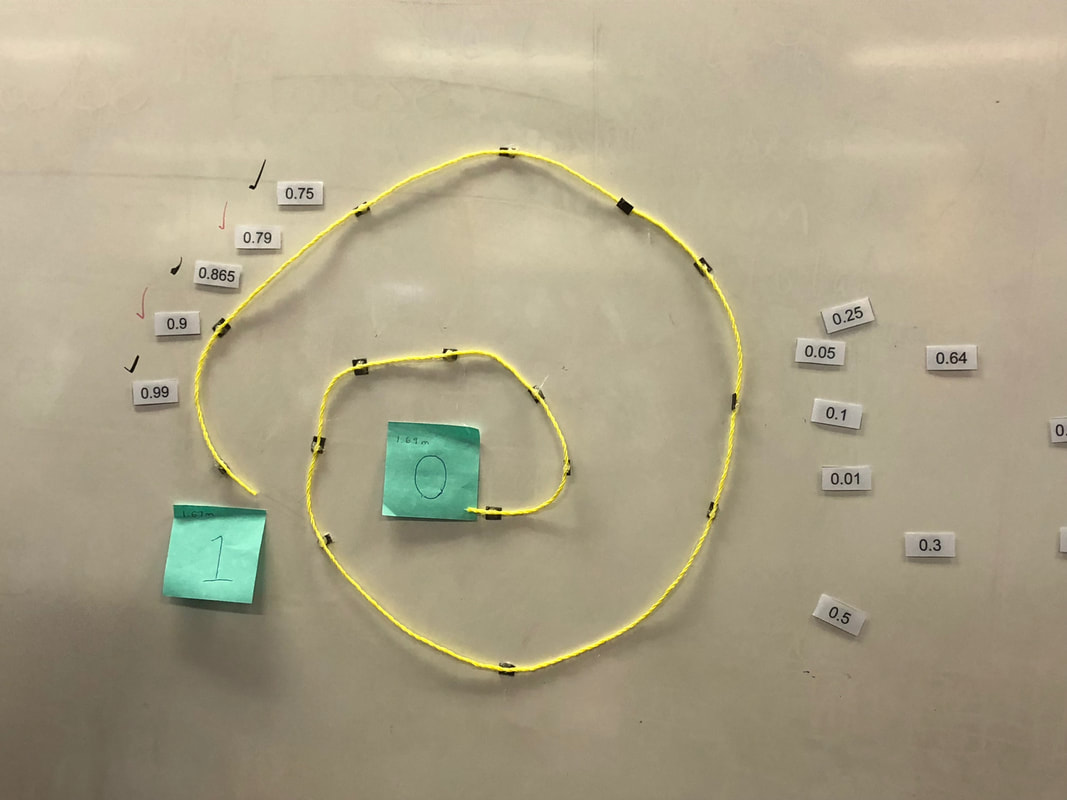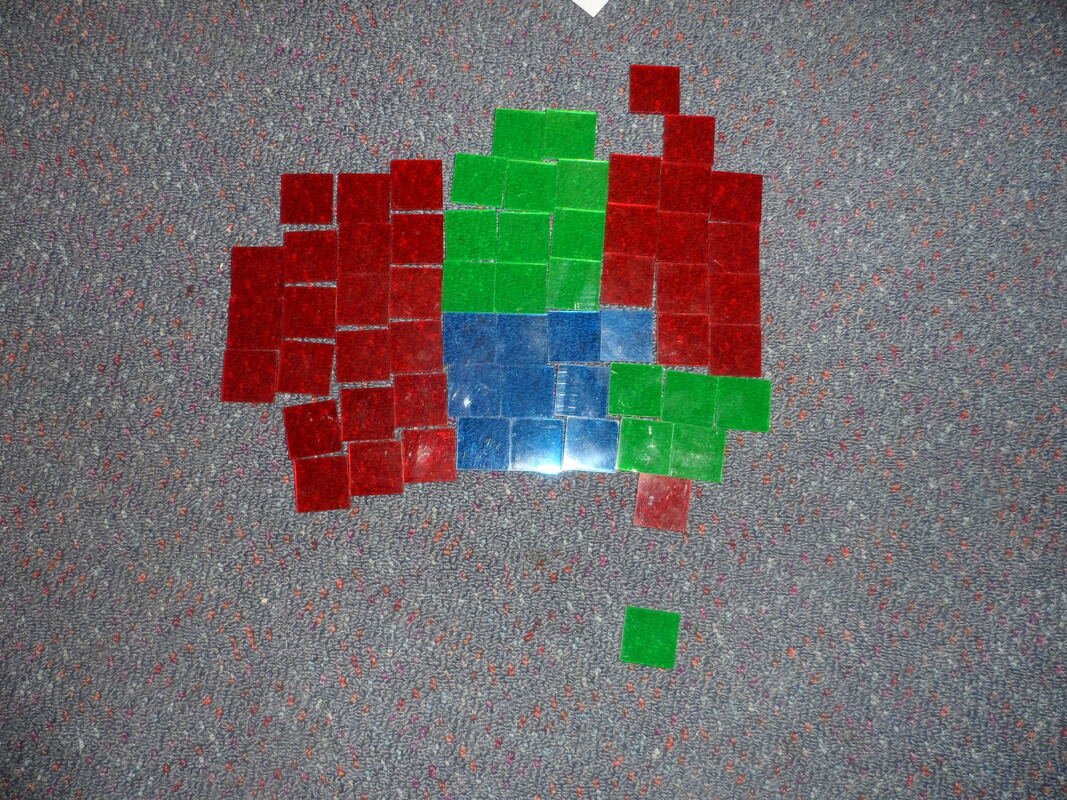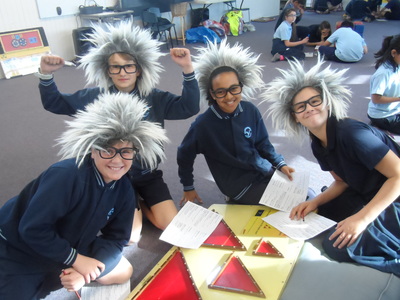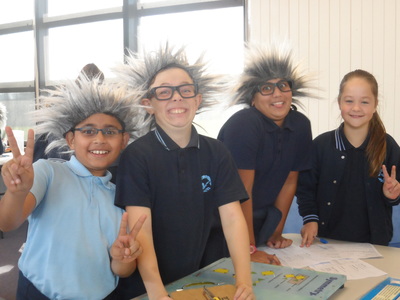At Overport Primary school, we have a whole school focus on improving mathematics skills and understandings. We strive for our students to be able to recognise and understand the role of mathematics in the world, while having the capacity to use mathematical knowledge and skills with purpose.
Our approach to mathematics supports students to develop relational understanding- which means knowing both what to do, and why we do it within real world contexts.
Within every mathematics lesson we:
• ensure that all students are challenged
• promote student voice and agency through conferencing
• engage in critical thinking and challenge their reasoning skills via Maths Talk Moves
• use a variety of assessment and recording methods
• display positive attitudes to mathematics
At Overport PS, our teachers plan together every week. Teachers track student progress by collecting data from both formative and summative assessments. These assessments include Essential Assessment, PAT maths and group/ individual conferencing. This data supports our teachers to implement a mathematics program that will cater to individual student needs. This cycle, working alongside our OPS Instructional Model, ensures every student has a strong foundational knowledge of number & algebra, measurement & geometry and statistics & probability.
We have a whole school approach to problem solving. All classes use our OPS problem-solving process and strategies in order to develop a common language and consistency of approach across the school. These tasks are open-ended, ensuring that students are all being adequately challenged and supported.
Classroom teachers and school support staff cater for all learning styles and student needs in mathematics. This includes students who require additional assistance and support, and those who are working above the expected level. This support is enhanced by our MAP (Maths Assistance Program) running in levels 1-6. To support your child with mathematics at home, you can practise the times tables, involve your child in creating shopping lists, talk about mathematics in everyday life and play games that involve problem-solving, i.e. Sudoku, chess, checkers, cards, etc.
Our approach to mathematics supports students to develop relational understanding- which means knowing both what to do, and why we do it within real world contexts.
Within every mathematics lesson we:
• ensure that all students are challenged
• promote student voice and agency through conferencing
• engage in critical thinking and challenge their reasoning skills via Maths Talk Moves
• use a variety of assessment and recording methods
• display positive attitudes to mathematics
At Overport PS, our teachers plan together every week. Teachers track student progress by collecting data from both formative and summative assessments. These assessments include Essential Assessment, PAT maths and group/ individual conferencing. This data supports our teachers to implement a mathematics program that will cater to individual student needs. This cycle, working alongside our OPS Instructional Model, ensures every student has a strong foundational knowledge of number & algebra, measurement & geometry and statistics & probability.
We have a whole school approach to problem solving. All classes use our OPS problem-solving process and strategies in order to develop a common language and consistency of approach across the school. These tasks are open-ended, ensuring that students are all being adequately challenged and supported.
Classroom teachers and school support staff cater for all learning styles and student needs in mathematics. This includes students who require additional assistance and support, and those who are working above the expected level. This support is enhanced by our MAP (Maths Assistance Program) running in levels 1-6. To support your child with mathematics at home, you can practise the times tables, involve your child in creating shopping lists, talk about mathematics in everyday life and play games that involve problem-solving, i.e. Sudoku, chess, checkers, cards, etc.








